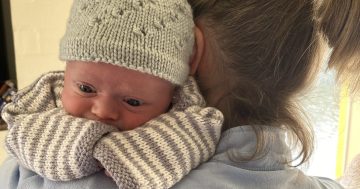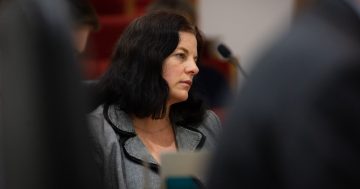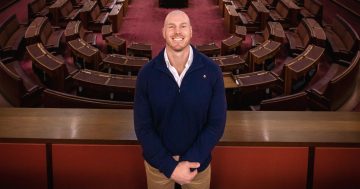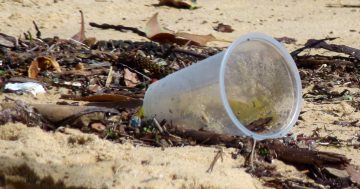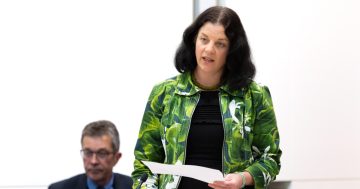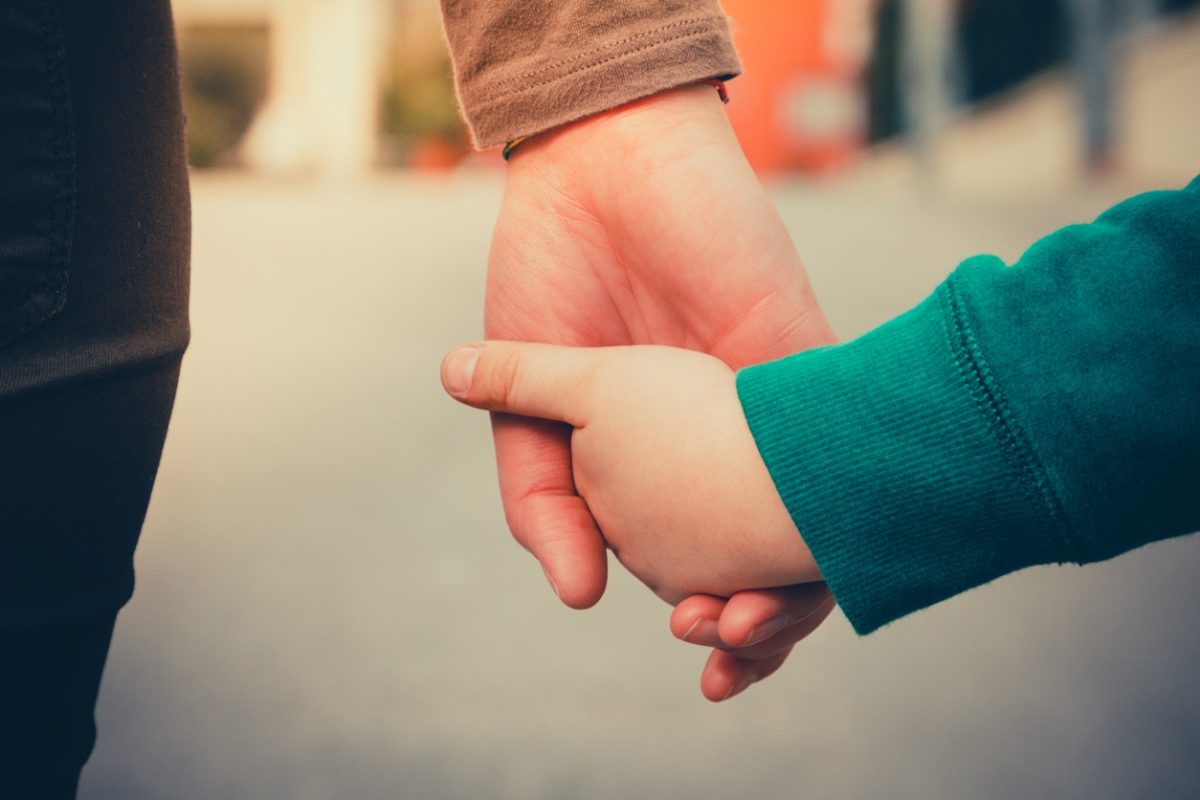
The report found 43 per cent of young people in Australia were hesitant to have children due to climate change. Photo: File.
Lack of action on climate change and the high cost of housing and fertility treatment are discouraging Canberrans from having children, an ACT parliamentary inquiry has found.
A Legislative Assembly committee inquiry into raising children chaired by Greens MLA Jo Clay was sparked by concerns over the capital having the lowest fertility rate in Australia and the impact our ageing population will have on our living standards and government finances.
The final report, tabled in the Assembly, cited survey data showing 43 per cent of young people in Australia were hesitant to have children due to climate change.
“I didn’t want to contribute to the destruction of the climate by adding another carbon emitter to it,” one submission stated.
Australian National University demographer Dr Liz Allen told the inquiry this was a view she often heard.
“Young people, particularly young women, are saying, ‘I am seeing no action [on climate change], so I am going to take the action for you’, and that means I am not going to have children.”
The committee’s first finding was: “Young people are concerned about climate change and that a lack of action on climate change is an impediment to having a child or children”.
The report also said the burden of raising children was unfairly falling on women.
“Women have to work like they don’t have children and raise children like they don’t work,” mother Alicia Jamieson wrote in her submission.
Moreover, women weren’t being supported enough during pregnancy, due in part to a shortage of midwives in the ACT, the inquiry found.
The committee recommended that the number of endorsed midwives who can offer a midwifery continuity of care model be increased, that midwives should be able to prescribe and practice to their full scope of practice in hospitals and that the ACT Government investigate the benefits of establishing a chief midwife for the territory.
The high cost and lack of availability of in vitro fertilisation (IVF) in the ACT was also cited in many submissions as a deterrent for having children.
“Just to be told we need IVF has cost us nearly $1000, and we haven’t even started the process yet,” an anonymous submitter wrote.
“The basic cost for the procedure starts at $13,000, and that too does not come with a guarantee that it always works the first time.”
Almost all submissions highlighted the general cost of living pressures, particularly housing.
“We have … got to this point where we need dual incomes to service a house, whether that be renting or whether that be owning a home. [If] one of those in the household gives up a wage or lowers it, often going part-time [after having a child], it becomes very tricky,” Dr Allen said.
The committee found that a ‘baby bonus’ or one-off financial incentive to have a child was unlikely to encourage people to have babies. Longer-term support such as free child care was deemed more effective, with a recommendation made to “extend free early childhood education and work towards universal free early childhood education”.
All submissions, hearing transcripts and the final report on the inquiry into raising children can be found on the ACT Legislative Assembly website.












